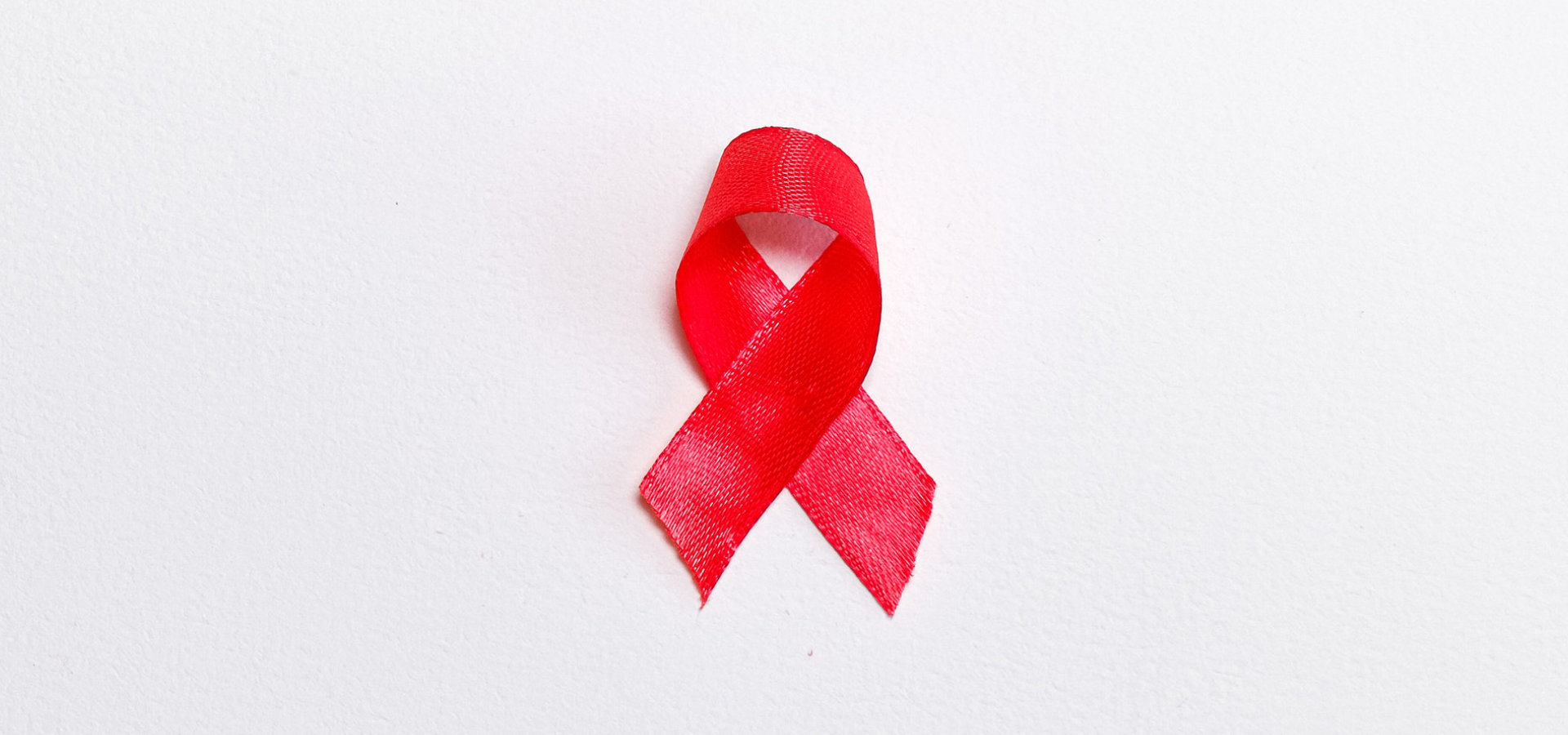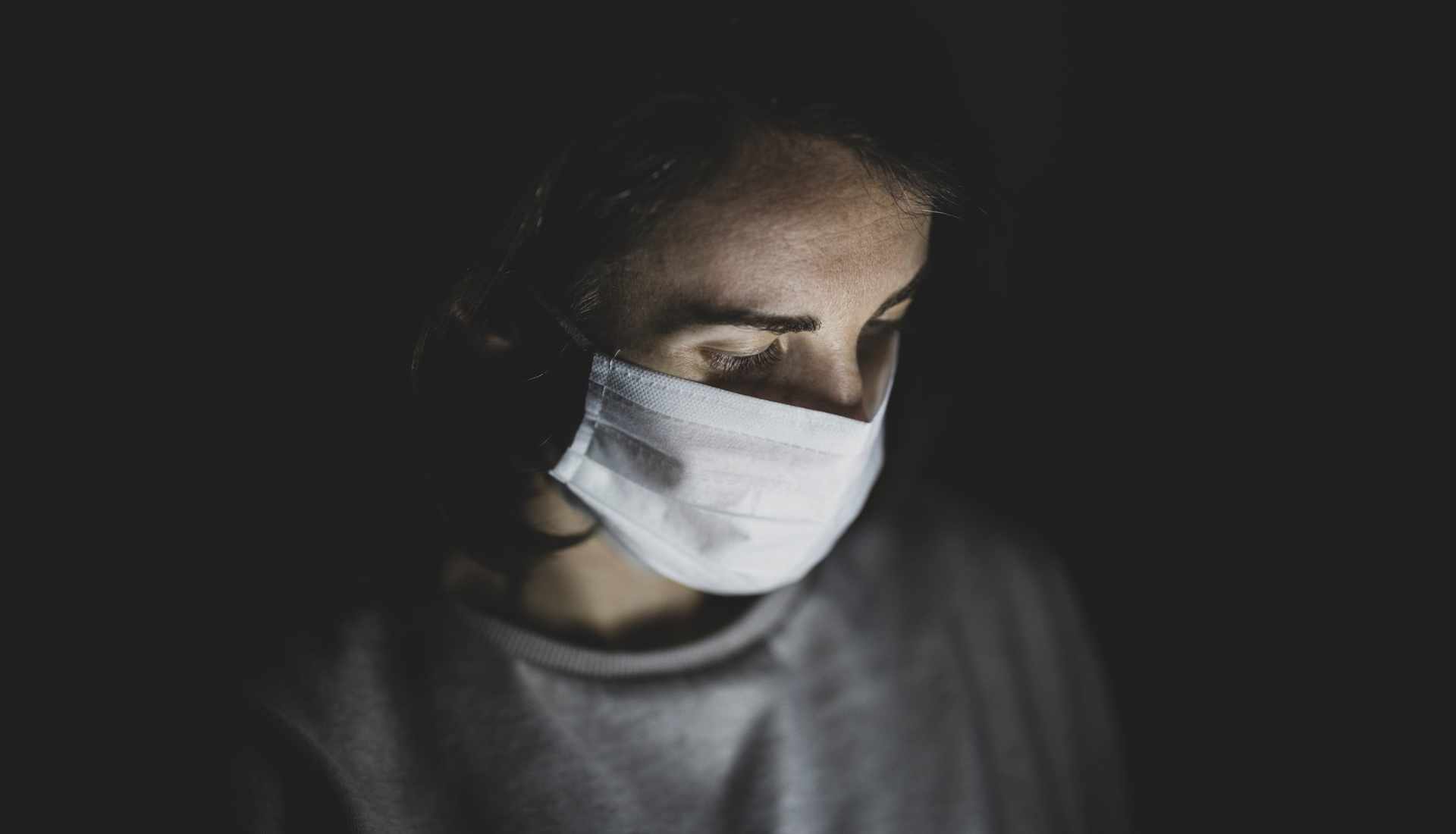The research conducted by our lab will address several key areas related to infectious diseases and respiratory health. By focusing on the dynamics of respiratory diseases, mycobacteria infection, and infectious diseases (excluding HIV), we aim to generate valuable insights that will contribute to the challenges of public policies in population health.
General Goal:
• To study the dynamics of respiratory diseases, mycobacteria infection, and infectious diseases (excluding HIV) and to understand their determinants at individual and community levels.
Specific Objectives:
• To study the relative frequency of transmission modes in the community and understand the adoption and performance of prevention methods, diagnostic tests, and therapies.
• To measure the occurrence (prevalence and incidence) and determinants at the individual and community levels of respiratory diseases, mycobacteria infection, and infectious diseases (excluding HIV).
• To study and evaluate the impact of COVID-19 on the incidence and delay of tuberculosis diagnosis in Portugal.
• To study the psychological impact of the COVID-19 pandemic and its containment measures, as well as the individual and socio-environmental determinants of mental health during this crisis.
• To analyze possible behavioral changes in the population during and after the pandemic period regarding the informal economy, the dynamics associated with processes of domestic violence and social discrimination, unemployment, bereavement issues, and food insecurity.
• To establish an international world statement on treatment escalation and de-escalation in patients with non-tuberculous mycobacteria after treatment failure.
• To obtain a consensus using the Delphi method with guidelines for TB screening in the migrant population from countries with a high incidence of TB.
• To identify the factors that contribute to the delay in seeking health care after the onset of TB symptoms and their mechanisms of action.
• To develop national recommendations to reduce the delay in the diagnosis and treatment of TB.
• To investigate the determinants of the geographic asymmetry identified in the delay in the diagnosis of tuberculosis in Portugal and, based on these, create recommendations and strategies to minimize its impact and improve the diagnosis.
Our lab has long recognized the significance of community involvement and outreach activities in fostering a collaborative and mutually beneficial relationship between researchers and the communities we serve. We are committed to engaging with the community in various ways to ensure we correctly identify community needs and priorities and to disseminate our findings in a manner that is accessible and relevant to the community.
Overall, the research conducted by our lab will generate valuable evidence, recommendations, and guidelines that address the challenges of public policies in population health, ultimately leading to improved health outcomes and reduced disparities in healthcare access and quality.









